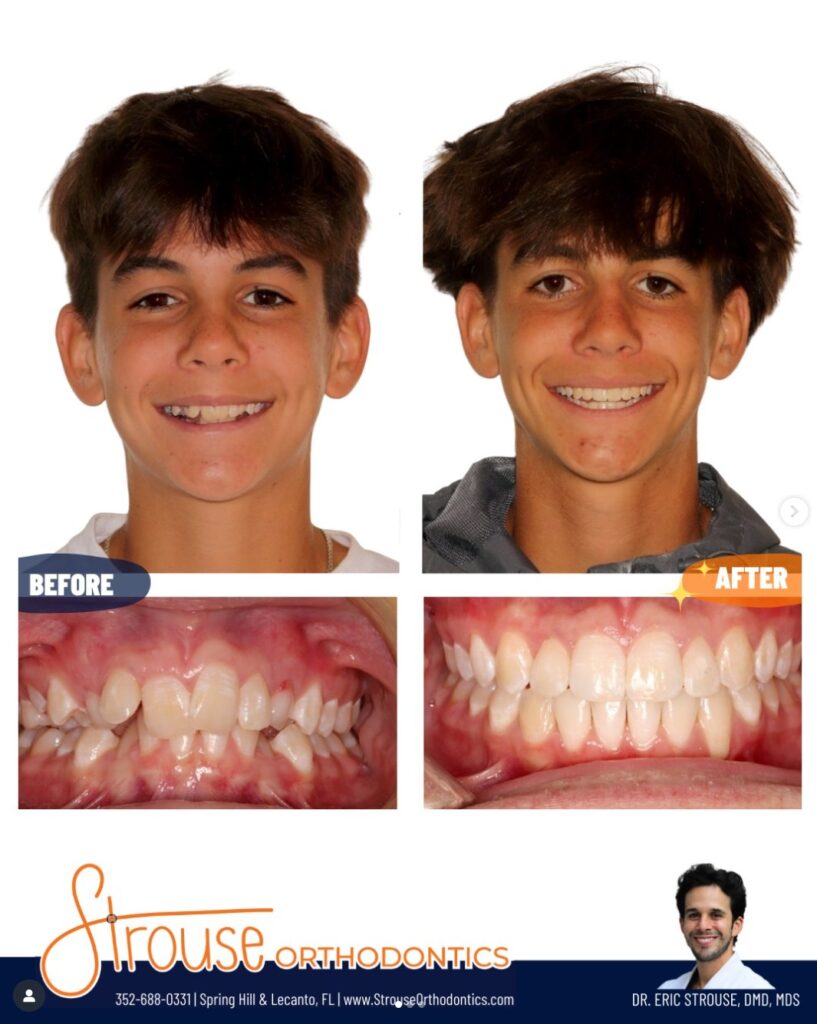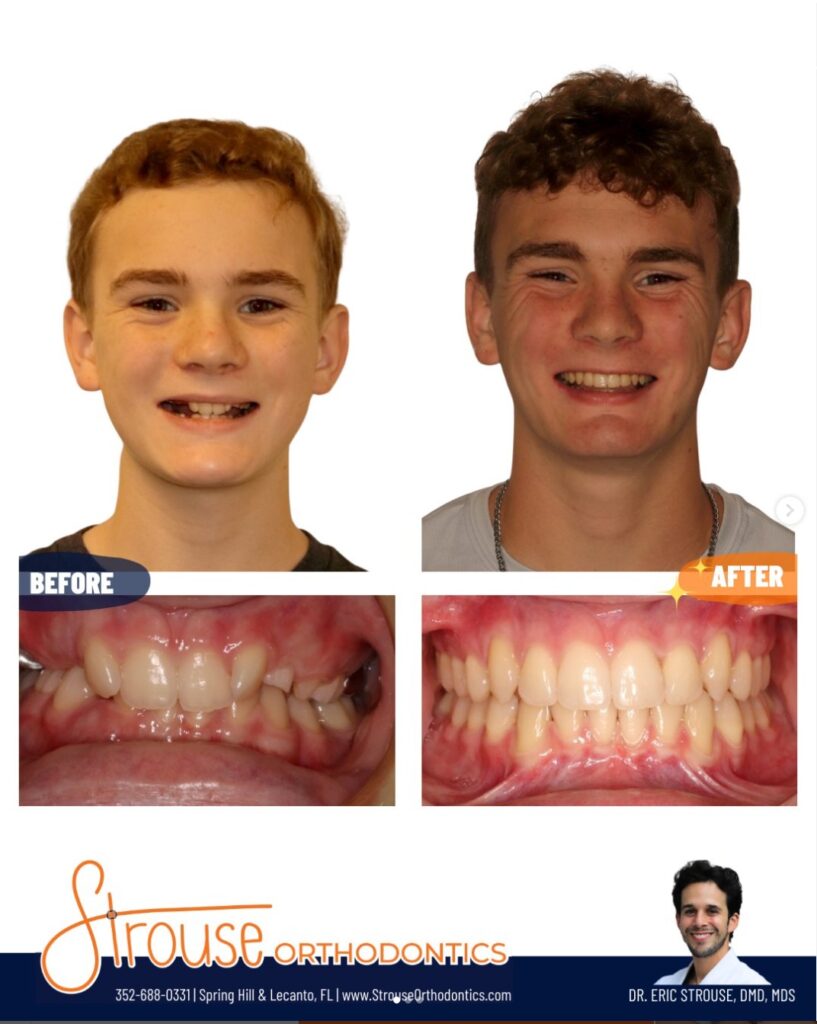Why Teeth Relapse After Braces or Aligners (and How to Prevent It)
January 20th, 2026
If you’ve ever thought, “My teeth were straight… why are they shifting again?” you’re not alone.
One of the most common frustrations adults and parents share is seeing teeth move after orthodontic treatment. Whether someone had braces as a teen or completed clear aligner treatment as an adult, relapse (teeth shifting back) is real, and it happens more often than most people realize.
What Is Orthodontic Relapse?
Orthodontic relapse is when teeth shift after treatment. It may look like:
- One lower front tooth becoming crooked again
- A gap reopening between front teeth
- The bite feeling “off” after treatment
- Teeth slowly rotating or overlapping over time
Sometimes relapse is minor and cosmetic. Other times it affects bite function and can lead to uneven wear or jaw issues.
Why Teeth Move After Braces or Aligners
Many patients assume orthodontic treatment “finishes the job forever.” But the truth is, your mouth is a living system.
Even after your teeth have been moved into perfect alignment, your body continues to apply forces that try to change them over time.
Here are the main reasons relapse occurs:
1. The Bone and Ligaments Need Time to Stabilize
Teeth aren’t set in concrete. They’re held in place by ligament fibers and surrounded by bone. When teeth move during orthodontics, the ligaments stretch and remodel, and the bone must rebuild around the teeth in their new position.
That stabilization process takes time. Without retention, teeth often drift toward their old positions.
2. The Tongue, Lips, and Cheeks Push on Teeth Every Day
Your teeth are constantly affected by:
- Tongue pressure
- Lip pressure
- Cheek pressure
- Swallowing patterns
- Mouth breathing
- Clenching or grinding
Even small daily forces can shift teeth over months and years, especially the lower front teeth.
3. Growth and Aging Continue (Even in Adults)
Many adults are surprised to learn that teeth can crowd more as they age, even if they had braces years ago. Natural changes include:
- Subtle jaw changes
- Teeth wearing down
- Changes in bite forces
- Gum and bone changes with aging
This is why some adults notice shifting in their 20s, 30s, or 40s, even after successful past orthodontics.
Do Wisdom Teeth Cause Teeth Shifting?
This is one of the most common myths in dentistry and orthodontics.
Wisdom teeth do NOT cause your front teeth to become crowded or crooked.
For years, people believed wisdom teeth “push” the other teeth forward, causing relapse. But research and clinical evidence do not support that idea. Wisdom teeth don’t have the ability to push your teeth forward like a bulldozer.
So why do so many people think wisdom teeth cause shifting?
Because wisdom teeth often erupt around the same time that many adults start noticing natural crowding changes in the front teeth. The timing overlaps, so wisdom teeth get blamed, but they are not the cause.
Bottom line: even if you have your wisdom teeth removed, your teeth can still shift without proper retention. That’s why orthodontists focus on retention, not wisdom teeth, to prevent relapse.
4. Retainers Are Not Optional
This is the biggest reason teeth relapse.
A retainer is not an “extra.” It is the part of treatment that keeps the result.
If retainers aren’t worn consistently, teeth will move. Often quickly.
5. Incomplete Bite Correction Can Increase Relapse Risk
Sometimes teeth look straight but the bite isn’t fully stable. When the bite isn’t properly balanced, teeth can be pushed out of position over time.
This is why orthodontic specialists focus heavily on function, not just cosmetic alignment.
How to Prevent Teeth From Shifting After Treatment
Here’s what works.
1. Wear Your Retainers As Directed
Most relapse happens because patients stop wearing retainers—or don’t wear them enough.
A common plan includes:
- Full-time retainer wear for the first few months (varies by case)
- Then night-time wear long-term
The key is consistency. If you stop wearing retainers for a period of time, teeth can shift enough that the retainer won’t even fit.
2. Replace Retainers Before They Wear Out
Retainers don’t last forever. Clear retainers can warp, crack, or loosen.
Signs you may need a new retainer:
- it feels looser than before
- it has cracks or bends
- you have to “force” it on
- teeth start shifting despite wearing it
The Bottom Line
Teeth shifting after braces or aligners is common, but it isn’t inevitable.
Orthodontic treatment is a process that includes both:
- Straightening and correcting the bite
- Keeping the results stable long-term with proper retention
If you protect your result with a smart retention plan, you can enjoy your smile for life.



